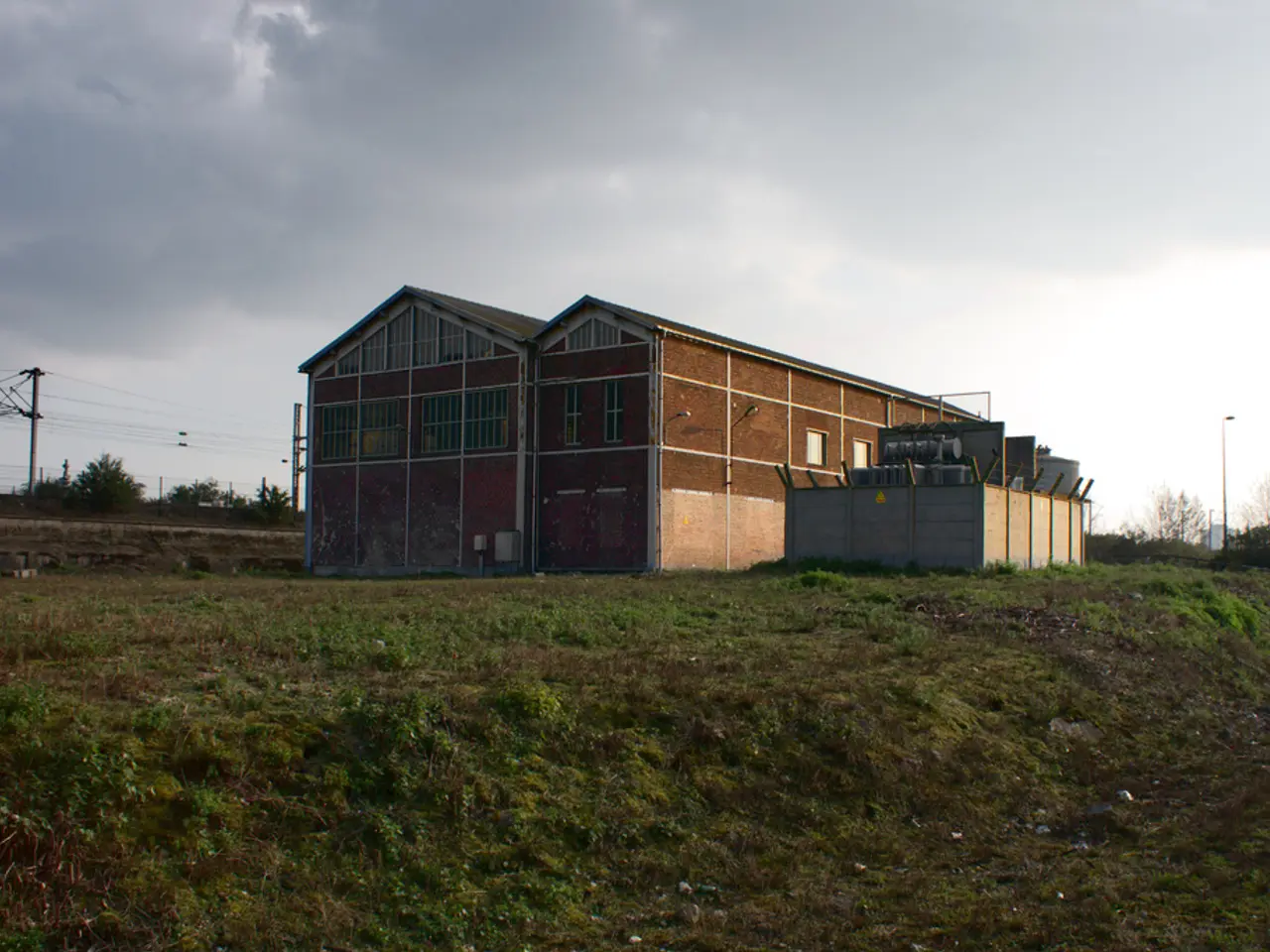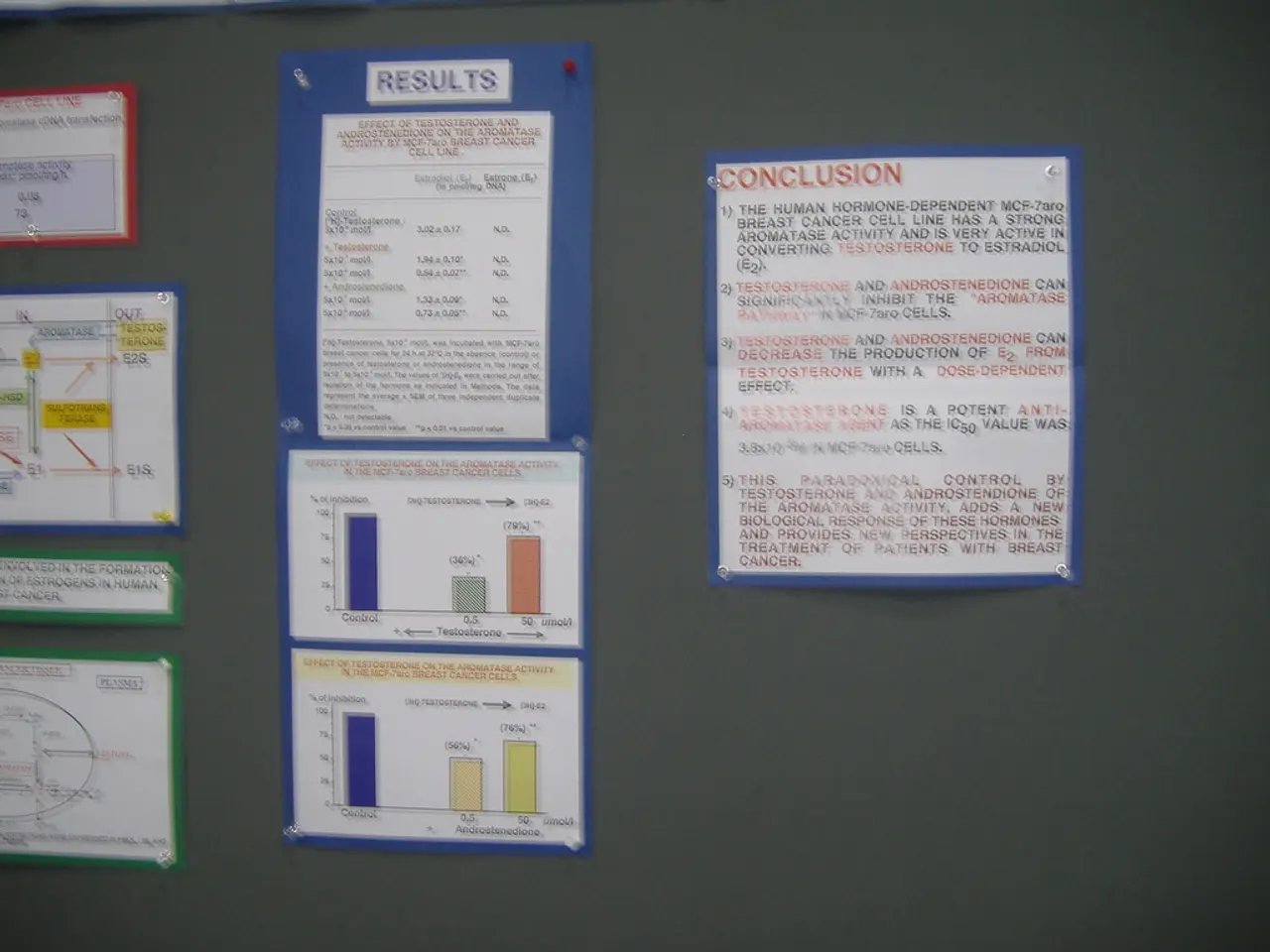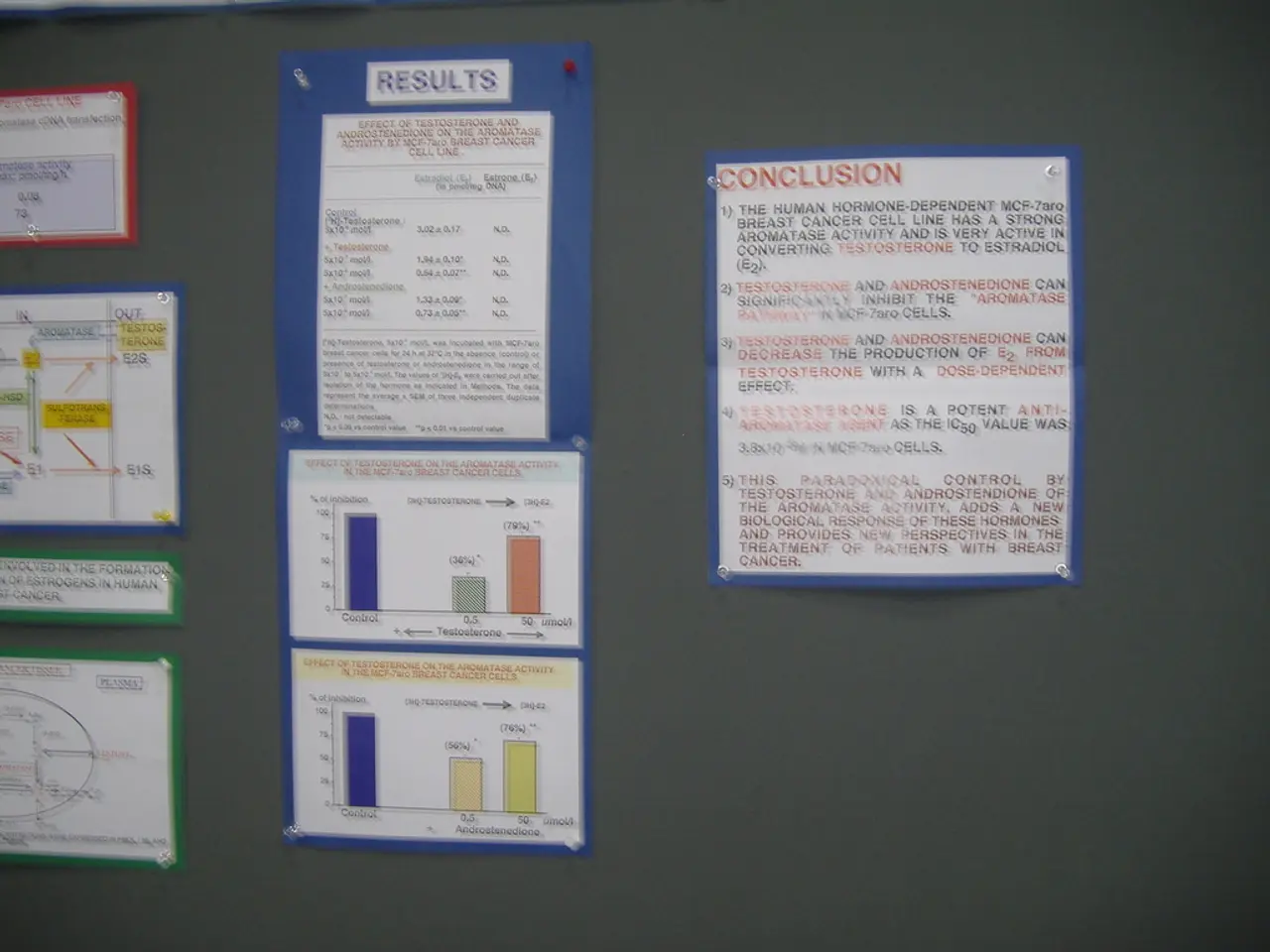Europe's Industrial Power Support: Green Aid with a Time Limit
EU Commission Proposes Linking Industrial Electricity Rates to Investments for Energy Efficiency Incentives
The EU Commission has greenlit a relief scheme for energy-intensive industries, offering them a 50% discount on their electricity bills - but at a price. Here's the lowdown on this climate-conscious deal.
Aid with Strings Attached
Need some extra cash to power your industry's operations? The EU Commission is offering a helping hand, but don't go popping the champagne just yet. To qualify, you'll need to meet some conditions:
- Up to half of your annual electricity consumption can be subsidized, but the discount won't exceed 50% of the wholesale electricity price.
- The subsidized rate can't dip below €50 per megawatt-hour, and you're only eligible for assistance for a maximum of three years per company.
- Giving out the dough? You'll need to invest at least half the subsidy value into climate-friendly projects, like renewable energy expansion, energy storage, and green hydrogen production.
Time-Limited Support
This ain't a free pass for perpetual discounts, folks. By 2030, the EU aims to phase out all subsidies and return to a level playing field. In the meantime, this aid serves as a bridge to support your transition towards a greener future, as well as a catalyst for private investment in climate-friendly technologies and infrastructure.
The Investment Menu
Ever wondered what kind of eco-friendly projects you could sink your subsidies into? Here's a tantalizing list:
- Expand renewable energy production
- Set up electricity storage systems
- Boost demand-side flexibility by shifting power usage to off-peak periods
- Make your operations more energy-efficient
- Invest in electrolyzers for green hydrogen production
And if you're looking to add gas and nuclear power to the mix, there may be opportunities under certain conditions.
Greening Europe's Industry
The EU Commission's long-game goal is clear: facilitate Europe's industrial sector's transition to a climate-neutral future, all while keeping the economy kicking. By offering temporary discounts on industrial power costs, the Commission hopes to challenge companies to pay their dues to Mother Earth and promote private investment in green solutions.
Oh, and if you're wondering, Germany's steel and chemical industries are among those eligible for this green aid. Now, who's ready to get their hands dirty and greenify their operations?
- The employment policy in this context is expected to be significantly influenced by the EU Commission's climate-conscious deal, as it mandates companies to invest at least half the subsidy value into climate-friendly projects, such as renewable energy expansion, energy storage, and green hydrogen production, providing opportunities for job creation in eco-friendly sectors.
- To maintain a level business playing field, the EU aims to phase out all subsidies by 2030, necessitating the development of sustainable finance strategies that can support ongoing investments in green technologies and infrastructure, ensuring the long-term sustainability and competitiveness of energy-intensive industries.




